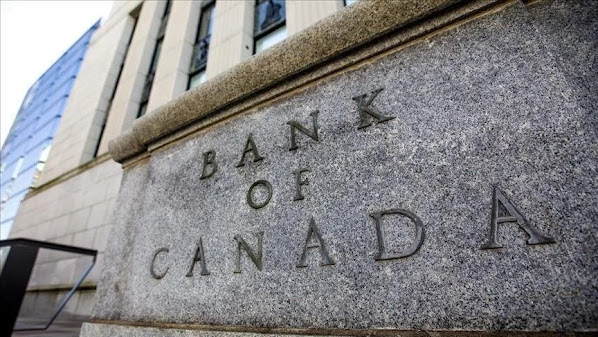Introduction
As the Canadian economy shows signs of a housing market rebound and persistent inflation, economists are increasingly leaning towards a potential interest rate hike by the Bank of Canada. This article explores the recent shift in sentiment, highlighting key economic indicators and expert opinions that support the possibility of rate increases in the near future.
Economic Developments Pointing Towards Rate Hike
Recent economic releases have brought attention to the rapid turnaround in Canada's housing market and an unexpected reacceleration of inflation, primarily driven by shelter costs. This has prompted policymakers to reevaluate their tightening campaign, which had been put on hold for two consecutive meetings. Despite some data indicating financial stress among households and a slowdown in consumer spending, economists view the resilience of the housing sector and sticky consumer prices as significant factors favoring a rate hike.
Forecasts and Expert Opinions
Bank of Nova Scotia became the first of Canada's six largest lenders to forecast a 25 basis-point rise in the overnight rate to 4.75% at the next central bank meeting on June 7. Citigroup Inc.'s Veronica Clark had also previously made a similar prediction. Capital Economics, on the other hand, expects an interest rate increase at the July meeting, with the possibility of further hikes if the US debt ceiling impasse is swiftly resolved. Such a scenario could see the policy rate reaching 5%, a level not seen since 2001.
Stephen Brown, an economist at Capital Economics, believes that a rate hike or two is necessary for the psychological effect it would have on individuals and businesses, demonstrating the bank's commitment to bringing inflation back to its 2% target. Brown acknowledges that household vulnerabilities, particularly high consumer debt, may limit the extent of tightening. However, he suggests that at least one more interest rate increase, referred to as an "insurance hike," is likely.
The Bloomberg survey reveals that, currently, only two out of 29 economists anticipate a 25 basis-point rate increase in June, while the majority forecast rates to remain unchanged. The consensus among economists is that the Bank of Canada will maintain its policy rate at 4.5% throughout 2023.
Shifting Sentiment and Growing Risks
Even among economists who expect the central bank to hold rates steady, there is a growing sense that the tide may be shifting. Douglas Porter, chief economist at Bank of Montreal, acknowledges the case for additional rate hikes and considers the decision date of July 12 as a highly probable candidate. While Porter's official call aligns with the expectation that rates will remain steady for the rest of the year, he highlights the increasing risks of further moves.
Conclusion
With mounting evidence of a resurgent housing market and persistent inflation, economists are increasingly considering the possibility of an interest rate hike by the Bank of Canada. While the majority consensus still leans towards a hold on rates, the shifting sentiment and growing risks indicate a potential change in the central bank's monetary policy. As the Bank of Canada balances the need to address inflationary pressures with concerns surrounding household vulnerabilities, the upcoming meetings and economic developments will provide further clarity on the trajectory of interest rates.






Social Plugin